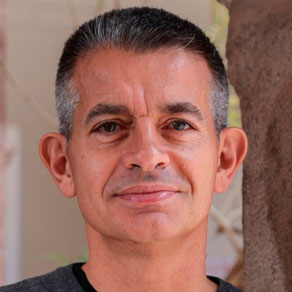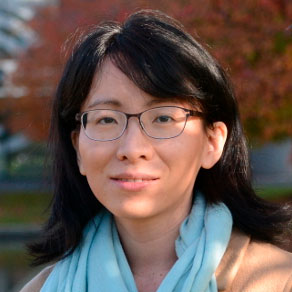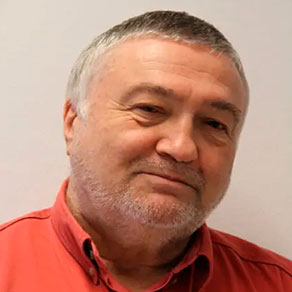
Gustau Camps-Valls
[intermediate] AI for Earth, Climate, and Sustainability
Summary
Artificial Intelligence (AI) has tremendous potential to achieve sustainable development goals and sustainability. I will explore AI’s innovative possibilities to advance sustainability for the Earth & Climate sciences. I will discuss how AI can improve environmental data collection and analysis, reduce waste and pollution, improve weather and climate forecasting, and develop more efficient renewable energy sources. Additionally, I will demonstrate how AI can positively impact climate science and natural resource management, from monitoring crops, forests, and oceans to detecting, characterizing and interpreting extreme events in massive Earth data. A full AI agenda will be summarized, touching upon hybrid machine learning modeling, explainability, and causality. Finally, we will discuss the challenges and ethical considerations associated with AI for sustainability, where interdisciplinary education and diversity will be key. This talk will provide an overview of the potential of AI for achieving a more sustainable future and provide insight into the innovative possibilities of AI for Earth sciences.
Syllabus
- Introduction to Earth sciences – data, models, applications
- AI to attain sustainable development goals
- Data challenges, model challenges, impact challenges
- AI agenda for Earth sciences – Modeling, understanding, experiment design
- ML at work: Remote sensing & weather applications
- Robustness, explainability & communication
- Causal inference: discovery and effect estimation
- Interdisciplinary education in the Earth sciences
References
Deep learning for the Earth Sciences: A comprehensive approach to remote sensing, climate science and geosciences
Gustau Camps-Valls, Devis Tuia, Xiao Xiang Zhu, Markus Reichstein (Editors)
Wiley & Sons 2021
Perspective on Deep Learning for Earth Sciences
Camps-Valls, Gustau
Generalization with Deep Learning: for Improvement on Sensing Capability, World Scientific Pub Co Inc 2021
Discovering causal relations and equations from data
Gustau Camps-Valls and Andreas Gerhardus and Urmi Ninad and Gherardo Varando and Georg Martius and Emili Balaguer-Ballester and Ricardo Vinuesa and Emiliano Diaz and Laure Zanna and Jakob Runge
Physics Reports 1044 :1–68, 2023
Causal inference for time series
Runge, Jakob and Gerhardus, Andreas and Varando, Gherardo and Eyring, Veronika and Camps-Valls, Gustau
Nature Reviews Earth & Environment, Nature Publishing Group UK London 10 :2553, 2023
Towards a Collective Agenda on AI for Earth Science Data Analysis
Tuia, D. and Roscher, R. and Wegner, J.D. and Jacobs, N. and Zhu, X.X. and Camps-Valls, G.
IEEE Geoscience and Remote Sensing Magazine 9 (2) :88–104, 2021
Pre-requisites
Basic mathematics. Fundamentals of probability theory, machine learning, causal inference.
Short bio
Gustau Camps-Valls is a Full Professor in Electrical Engineering at Universitat de València. He is an expert in machine learning algorithms for geosciences and remote sensing data analysis, having published extensively. He has a Ph.D. in Physics and is an IEEE Distinguished Lecturer. He has received two European Research Council (ERC) grants and holds a Hirsch’s index h=88 (Google Scholar). He is also a Highly Cited Researcher since 2020. Gustau has achieved significant recognition with numerous awards and honors, including IEEE Fellow (2018), ELLIS Fellow (2019), Fellow of the European Academy of Sciences (EurASc), the Academia Europea (AE), and the Asia-Pacific Artificial Intelligence Association (AAIA), all in 2021.


















